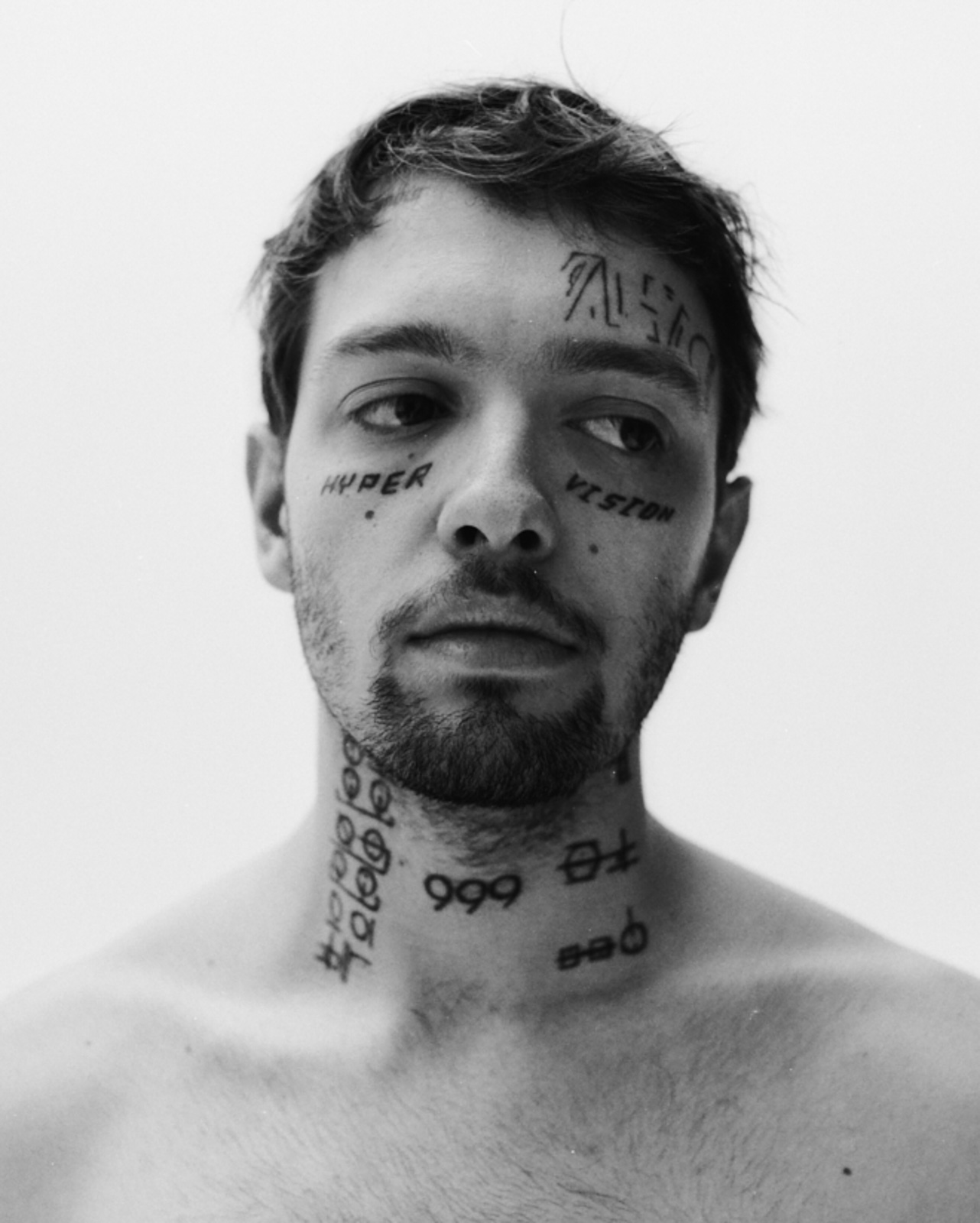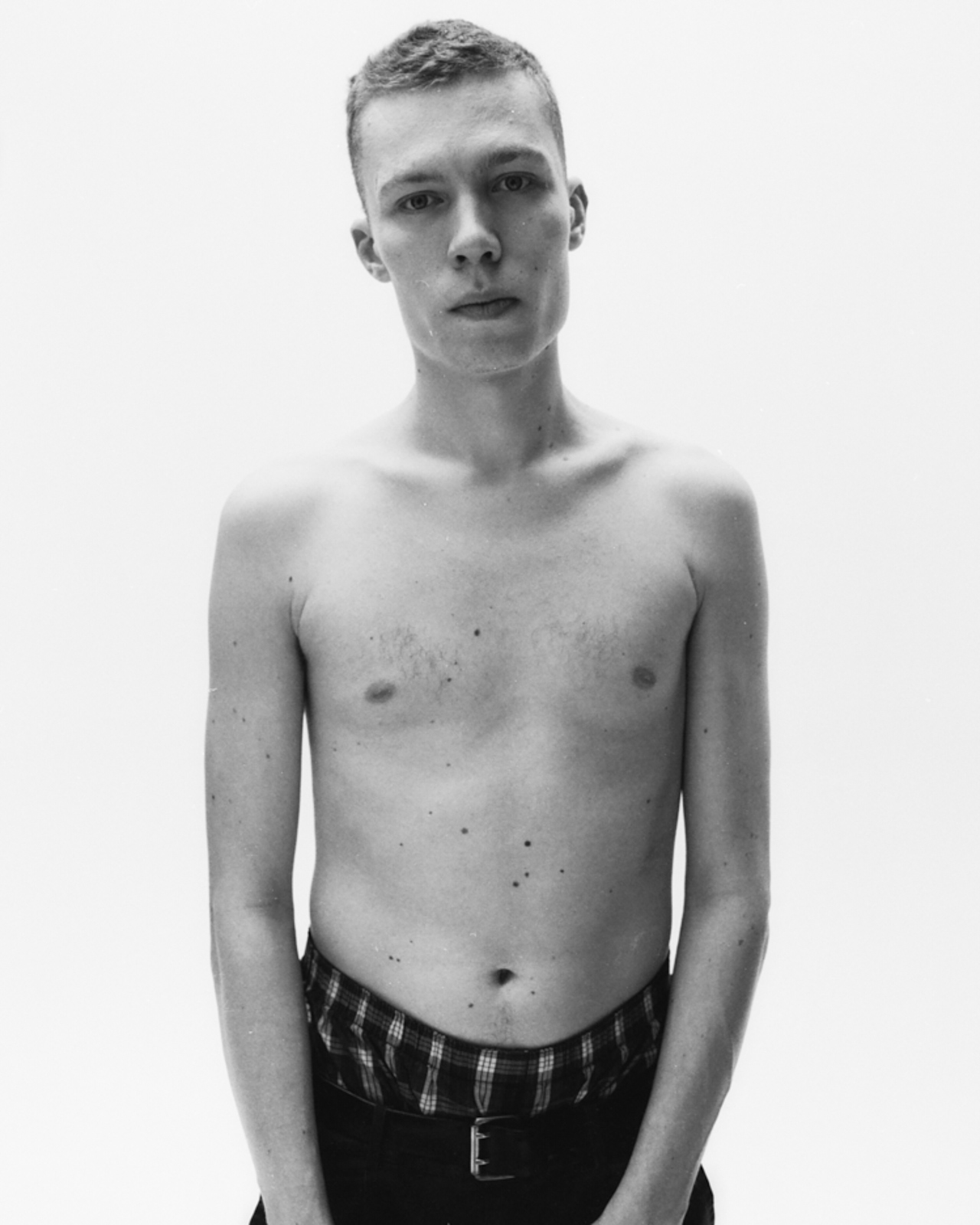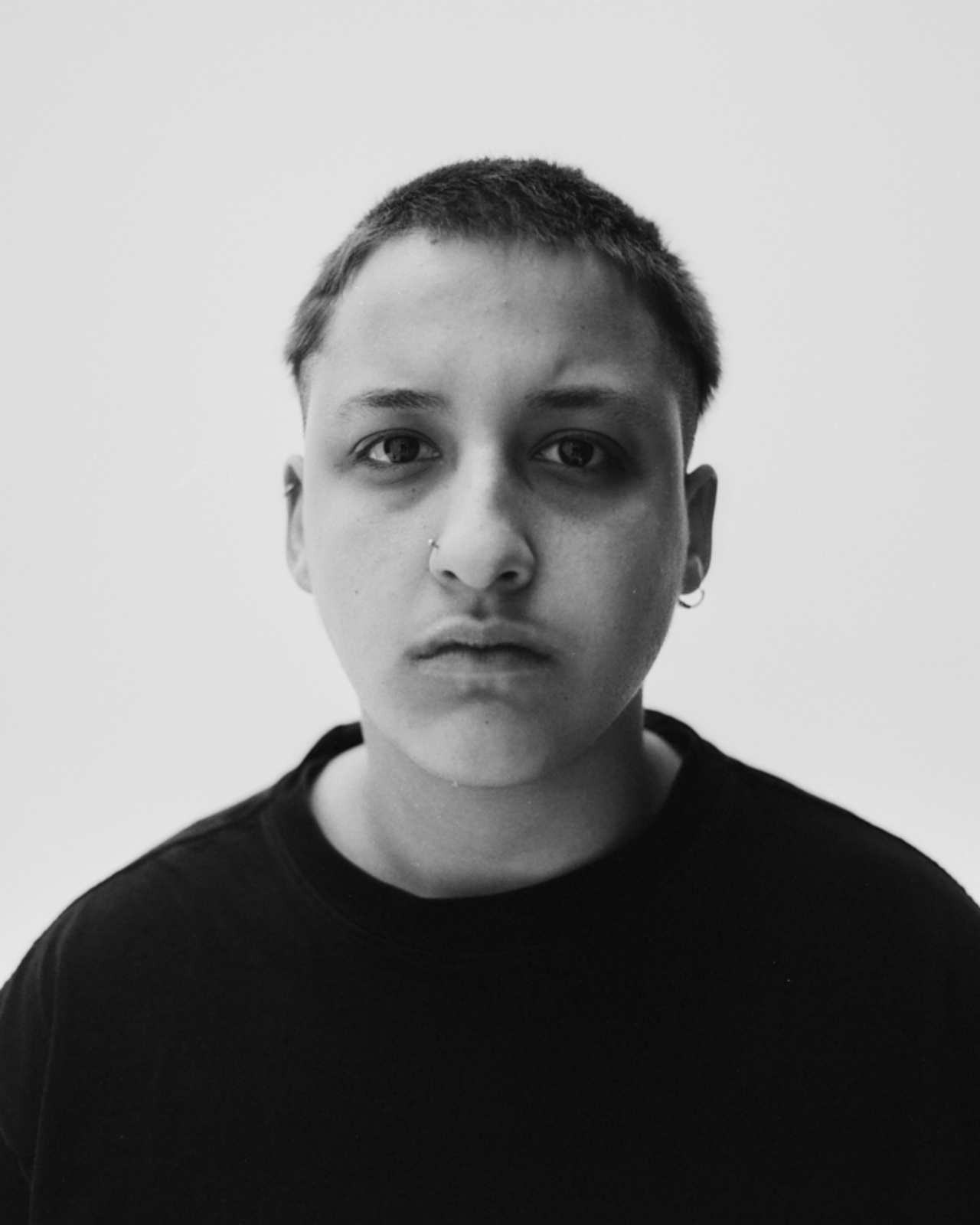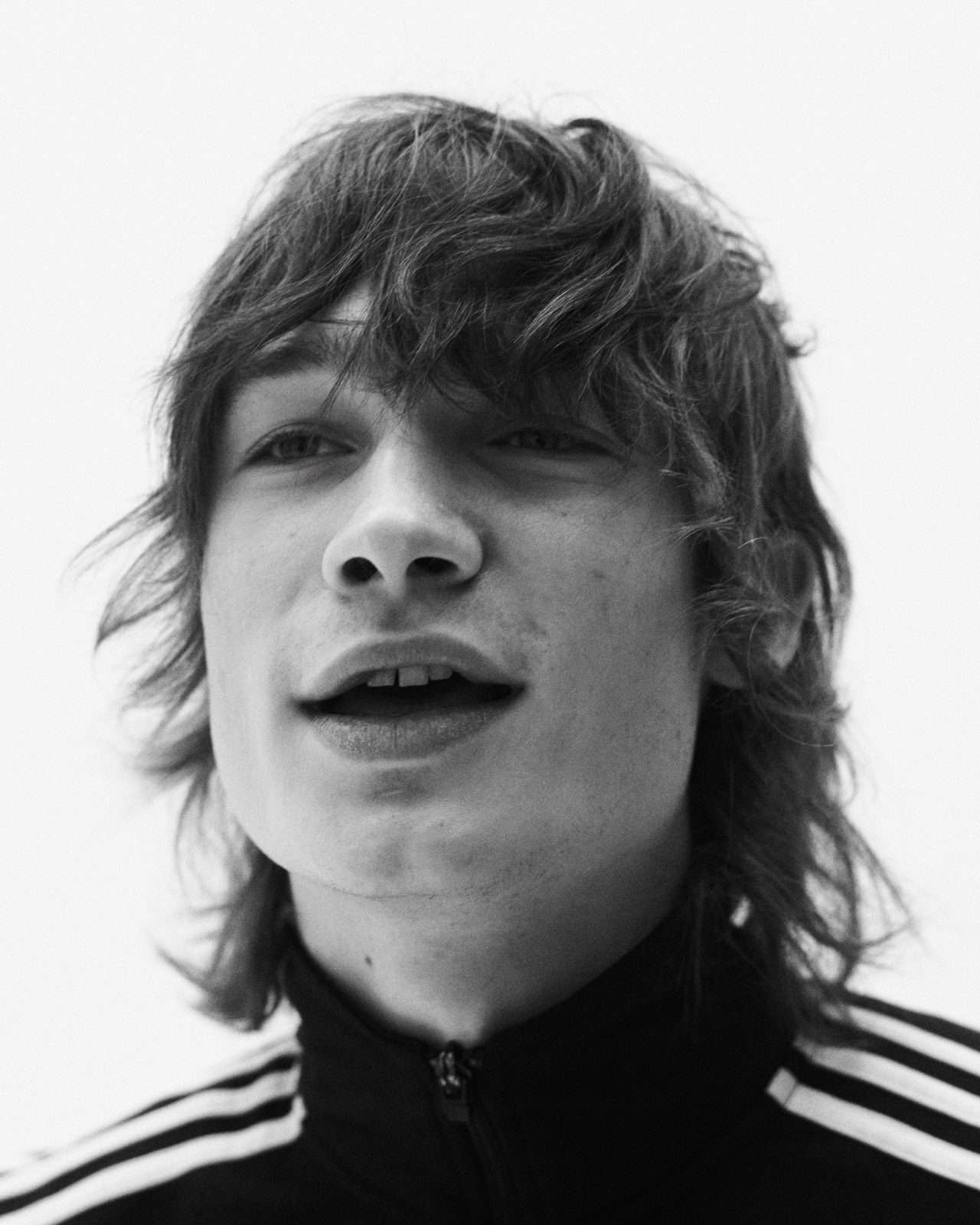Galvanized by a radical collectivist spirit and a love of hardcore music, the scene is alive and well—albeit on the fringes
Europe’s free party scene is sometimes treated as though it’s a thing of the past. Its heyday did in fact span the late-’90s to the early-aughts—nomadic yet unique to its continent, galvanized by a radical collectivist spirit and a love of hardcore music, blasted in abandoned factories and bridge underpasses and office buildings, sometimes for literal months on end.
Today, the movement’s changed. As humans, we’re increasingly surveilled—by private security companies as much as our own camera phones—leading to a lack of secrecy at large. But in Brussels, free parties are still alive and well, albeit living on the fringes—made more precious by the fact that they’ve retained a degree of that underground spirit. Photographer James Brodribb—who worked with casting director Sarah Benjamin on a portrait series of free parties’ modern cast of characters—was moved by the values the community’s held onto: “freedom, expression, love, music, and nonconformity.”
Named for their lack of entrance cost, the free in the term ‘free party’ has come to encompass something much more profound: They rejected local authority—law enforcement or otherwise—allowing for the development of a new social order, where young people traded ideas and possessions, took care of each other, and made space for themselves in the absence of financial resources, relatively uninfluenced by the mainstream order.
“I have always been interested in counterculture groups,” Brodribb says, citing Wolfgang Tillmans as a formative influence. “Showing purity and self-expression in these images makes me feel good, and I know the kids loved it, too.” Falling between the ages of 20 and 27, his subjects chose how they wanted to be presented: self-styled, no hair or makeup or retouching. What emerged is a raw reflection of the legacy of a scene, candid and collaborative across the board. “As much as counterculture evokes self-confidence,” the photographer concludes, “there is a lot of vulnerability and misguided youth within it. I just wanted them to be themselves and comfortable in their own skin.”
Casting by Sarah Benjamin and Victoria Machmudov at Memoria Di.



































































